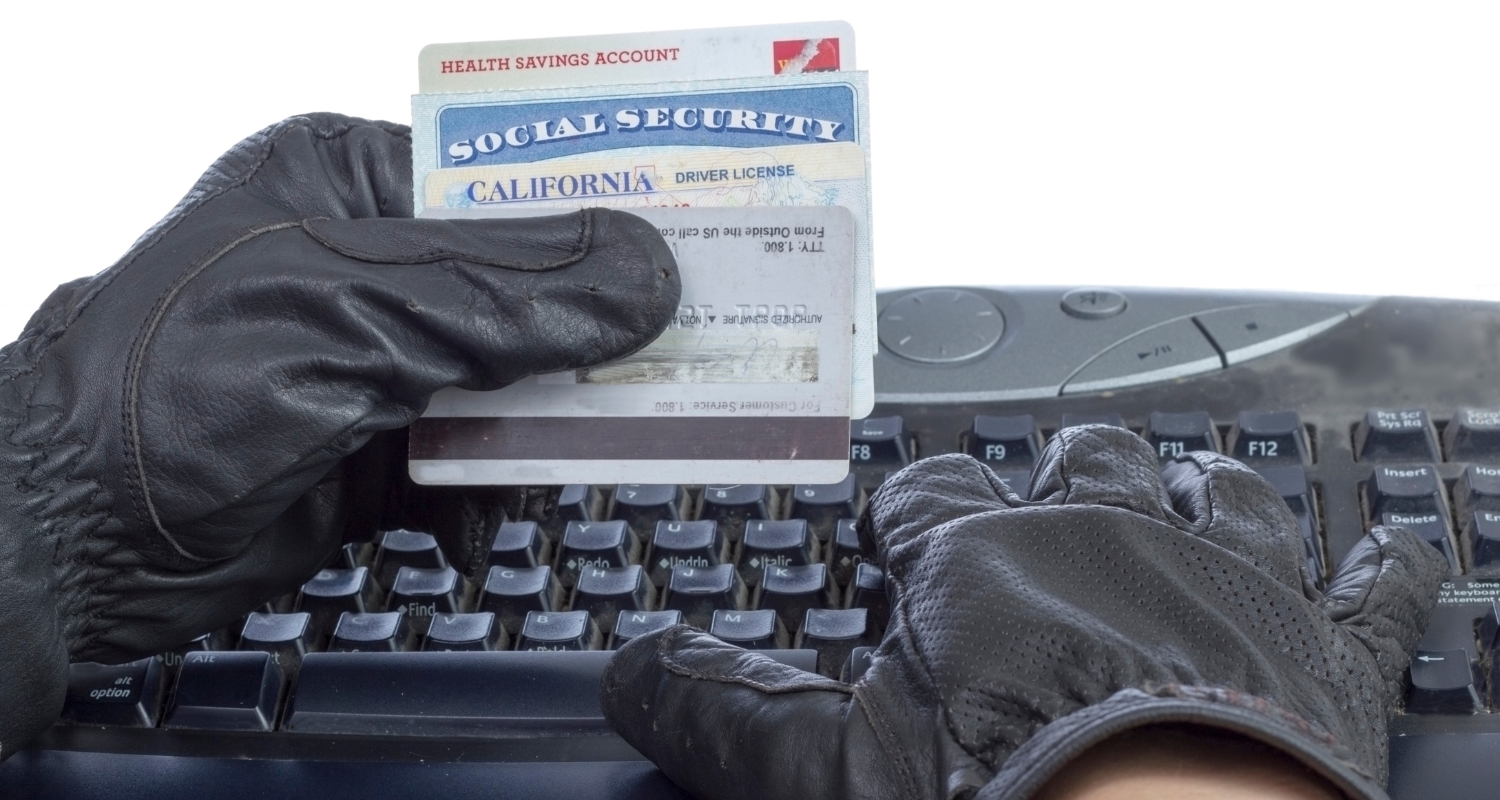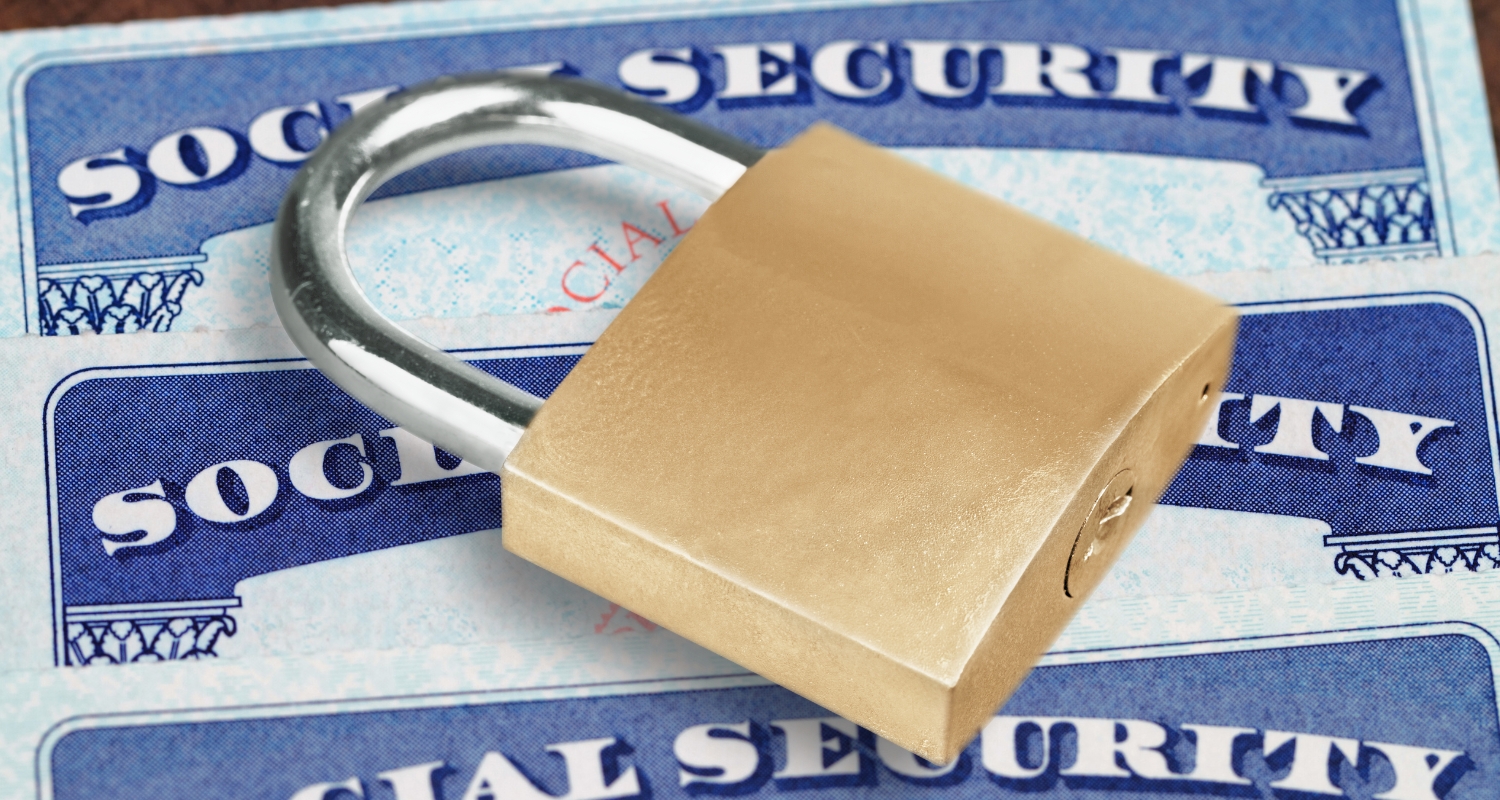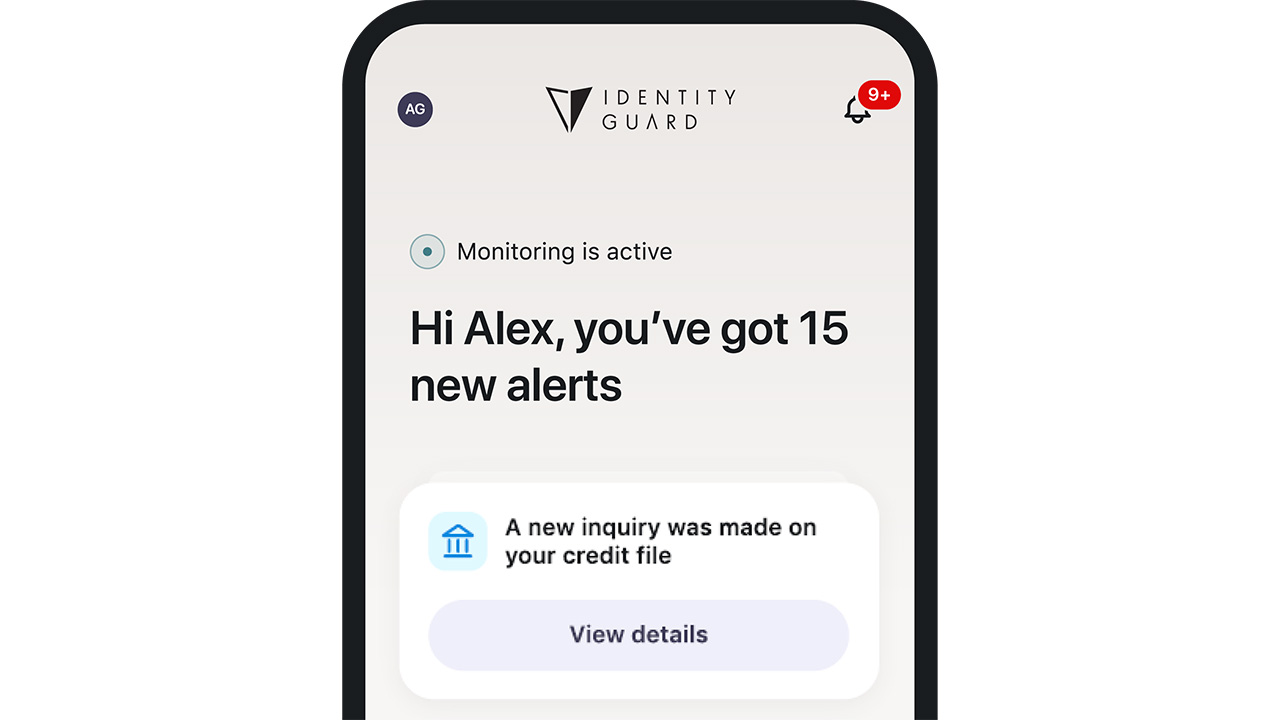Let’s face it there are no nine numbers more important than your social security number. It may seem like an exaggeration.
You should know that every aspect of your life is tied to your social security number: loans, college admissions, health insurance, social security benefits, taxes, and bank accounts, to name a few. If your social security number gets into the wrong hands, it can wreak havoc on your life.
According to the Federal Trade Commission (FTC), there have been 228,282 total reports of government imposter scams in 2023 alone. The number 1 governmental agency impersonated? That’s right: The Social Security Administration. In 2023 alone, imposters claiming to be working for the Social Security Administration amounted to $126.53 million in total losses.
5 types of social security number fraud
In almost every type of identity theft, your social security number is usually a crucial piece of information necessary to hijack your identity.

Below are the top 5 ways fraudsters and criminals use your social security number in the different identity theft scams:
1. Criminal identity theft:
Criminals take your social security number as the cornerstone to establish your identity, as it is required to apply for a driver’s license, ID card, or passport. When crimes are committed with the identity tied to your social security number, authorities can end up on your doorstep with a warrant for your arrest for crimes you didn’t even commit!
2. Business impersonation:
The top pieces of personal information criminals try to squeeze out of you when impersonating businesses is your social security information. Oftentimes, criminals impersonate official government agencies such as the IRS or Social Security Administration agency to trick or scare you into disclosing your social security number or part with your hard-earned money. They can then threaten you for more money or sell your information online.
3. Medical identity theft:
You need your social security number to get health insurance, and if you make use of Medi-Cal, Medicare, or Medicaid, you will be required to share it to receive coverage or services. The consequences don’t even involve just losing coverage or being unable to receive services. With your social security number being used in medical identity theft, a completely different person can be impacting your medical records with services rendered and prescriptions filled.
4. Synthetic identity theft:
With as little information as your social security number, criminals can use it in combination with theirs to create a hybrid identity to open accounts, take out loans, and do whatever they please with this ‘new’ identity while ruining yours.
5. Child identity fraud:
There’s something especially troubling about the latest trend to steal the social security number of children. However, due to the fact that social security numbers rarely become an active part of most people’s lives until they start applying for colleges or financial loans, this type of identity theft usually goes unnoticed for years, which means more damage to undo.
Top ways to keep your social security number safe
Now that you know how someone can take your social security number and use it to commit identity theft, below are key ways to keep it safe.

1. Hide/safe keep your social security number card
Put your social security number card in a very safe place, such as a safe, bank safe, or filing cabinet that can be locked. Because it is used so frequently, those 9 digits are worth memorizing. If your wallet is lost or stolen and you keep your SSN card in there, it will be messier than losing just money or your ID. Don’t carry your social security card in your wallet or purse!
2. Use an identity theft or fraud protection service
Companies such as Identity Guard can monitor your SSN and alert you if it is sold on the dark web or being used to open an account. The faster you know, the quicker you can shut down the damage. In fact, some companies will help you freeze your bank and credit card accounts to prevent further use by criminals. Fortunately, taking advantage of stellar fraud protection from our top pick, Identity Guard is even more affordable with an exclusive CyberGuy savings (up to 52% off). Click here for our review: Best identity theft protection services 2024
3. Go online
Skip jotting down your social security number on in-person forms. When your social security number is jotted down on paper, it is hard to control how the information gets used or disposed of. If you can submit forms online, you can skip the risk of having your SSN from getting into the wrong hands. If you mail in forms that denote your SSN, you risk having that piece of mail stolen or lost.
4. Opt out of inputting SSN
Even though your SSN is requested on some forms, it is not always necessary. If a future employer is requesting your SSN, double-check why they need it. They would most likely need it to run a background check, which you should know about anyway. Additionally, some establishments allow you to provide the last 4-digits of your SSN until you are finalizing a screening process, etc.
5. Sign up for a social security account:
Go to the official Social Security Administration website to create an account. Because only one account can be created per social security number, it is safer if you claim it so no one else can by piecing together your personal information (along with your SSN) to claim it fraudulently. Make sure it is connected to a secure email account that you check frequently. This account also provides up-to-date data on earnings and benefit distributions so you can see if anything is ‘off’.
6. Combat child identity theft
Open accounts for your children’s SSNs because you want to claim them for them early and be able to monitor any movement related to their social security number.
7. Secure documents
Some records that contain your social security number are important to keep on hand, such as income tax filings. If they are kept digitally, encrypt and or password-protect the document or folder, especially if it is uploaded to the cloud. Keep offline documents with SSNs in a safe or shred instead of throwing them away.
Remember you (usually) only get one social security number in a lifetime, it is important to safeguard that data with your ‘life’!
8. Remove your personal information from the internet
While no service can guarantee the complete removal of your data from the internet, a data removal service is really a smart choice. They aren’t cheap – and neither is your privacy. These services do all the work for you by actively monitoring and systematically erasing your personal information from hundreds of websites. It’s what gives me peace of mind and has proven to be the most effective way to erase your personal data from the internet. By limiting the information available, you reduce the risk of scammers cross-referencing data from breaches with information they might find on the dark web, making it harder for them to target you.
My top recommendation is Incogni, which has a very clean interface and will scan 195 websites for your information and remove it and keep it removed.
Special for CyberGuy Readers (60% off): Incogni offers A 30-day money-back guarantee and then charges a special CyberGuy discount only through the links in this article of $5.99/month for one person (billed annually) or $13.19/month for your family (up to 4 people) on their annual plan and get a fully automated data removal service, including recurring removal from 190+ data brokers. You can add up to 3 emails, 3 home addresses and 3 phone numbers (U.S. citizens only) and have them removed from data-broker databases. I recommend the family plan because it works out to only $4.12 per person per month for year-round coverage. It’s an excellent service, and I highly recommend at least trying it out to see what it’s all about.
Get Incogni for your family (up to 4 people) here
9) IRS Identity Protection PIN (IP PIN)
To further protect your tax returns from identity theft, the IRS offers an Identity Protection PIN (IP PIN). This is a six-digit number that prevents someone else from filing a tax return using your Social Security number or Individual Taxpayer Identification Number (ITIN). The IP PIN is known only to you and the IRS, adding an extra layer of security to your tax filings.
How to get an IP PIN
- Online Request: The fastest way to receive an IP PIN is to request one through your online account on the IRS website. If you don’t already have an account, you must register to validate your identity.
- Alternative Methods: If you can’t establish an online account, there are other methods, but they take longer. You can file an application or request in-person authentication.
Using Your IP PIN
- Enter the six-digit IP PIN when prompted by your tax software or provide it to your trusted tax professional when filing your return.
- An IP PIN must be used on all federal tax returns during the year, including prior year returns.
- Do not reveal your IP PIN to anyone except your tax professional when you are ready to sign and submit your return.
Important information
- An IP PIN is valid for one calendar year, and a new one is generated each year.
- If you lose your IP PIN, you can retrieve it online or have it reissued by calling the IRS.
By using an IP PIN, you can significantly reduce the risk of tax-related identity theft and ensure that your tax returns are processed smoothly and securely.
10) Recognizing and reporting a Social Security scam
If there is a problem with a person’s Social Security number or record, Social Security will typically mail a letter. You can learn more about recognizing Social Security-related scams, including how to report a scam quickly and easily online to Social Security’s Office of the Inspector General, by reading more at www.ssa.gov/scams.
Tell us: Have you been a victim of identity theft? Let us know by commenting below or writing us here.
Copyright 2024 CyberGuy.com. All rights reserved. CyberGuy.com articles and content may contain affiliate links that earn a commission when purchases are made.




2 comments
Yes I am a victim of Identity thrift more than once!
It’s a lot of work & a royal pain in the butt!
good stuff. thanks